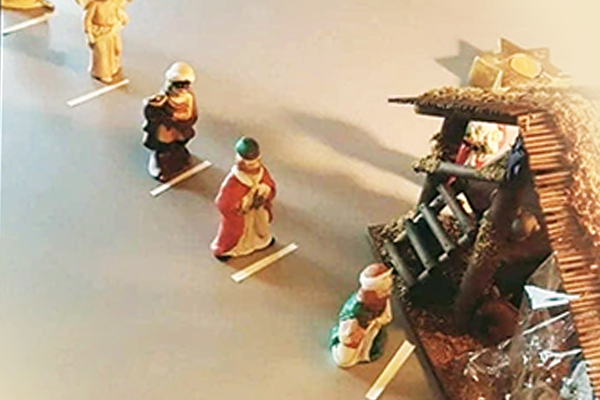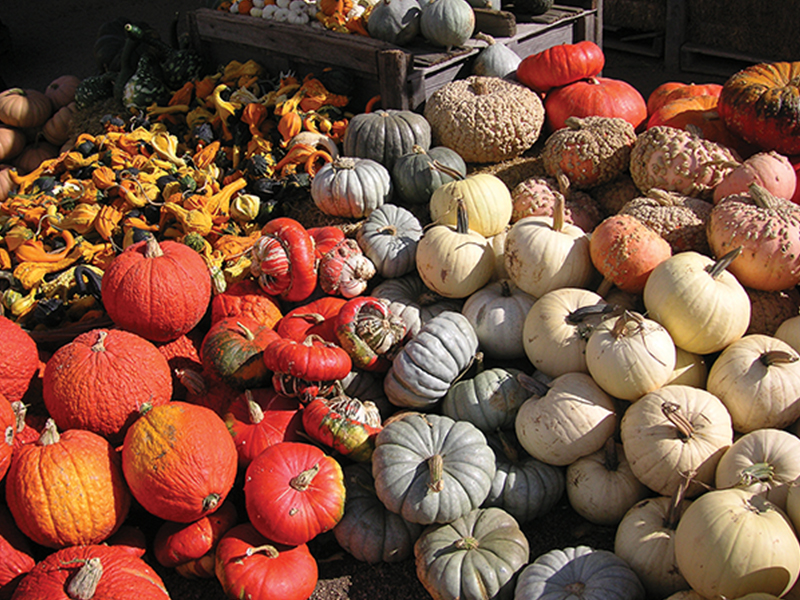What is the real work we came here to do? Who did we come here to be? Epiphany is a time to explore what it means to lose everything, and begin a new life.

“Epiphany” is a word of Greek origin. We use parts of the word in other words:
Epi means “upon, “near,” “at,” (e.g., epidermis; epitome) and “phany” means manifestation or appearance, e.g. hierophany or phenonmenon. It’s a display, a making public.
I find myself focusing on refugees just now. An immense prairie fire in Colorado just burned around 1000 homes; very few lives were lost, but the population of “those without homes” grew exponentially. Many people are now refugees, some without even a toothbrush or the name of their insurance company. Some very wise people orchestrated an evacuation, implemented in minutes to save untold numbers of lives from a fire moving “100 miles an hour” in whipping winds. The war that made them refugees is the climate war, the reality of which is denied or ignored, so similar to the other ignored wars causing so many refugees worldwide.
Epiphany led me to think about another family of refugees. January 6th is the traditional day in the Christian faith when the newborn baby Jesus is visited by strangers, putting the baby on public display. In the second chapter (verses 1-12) of the Gospel of Matthew the tax collector disciple from Capernaum tells the story. He doesn’t say they were kings. Matthew tells us they came to Jerusalem, going to Herod as the ruler of the country. Herod sends for his wise ones and they search the scriptures, finding references in Isaiah and the Psalms that kings will bring tribute to a child born in Bethlehem. Herod asks the visitors to go there and then return and tell him where the child is. Lucky us that their wisdom included knowing that they would be sentencing the child to death, and so “they went home another way”.
In many countries (particularly Spanish-speaking ones) gift exchanges occur not at the birth on Christmas but on January 6, in memory of the gifts that the wise ones brought to the Holy Child. The gifts are traditionally gold, frankincense and myrrh (the latter two being very expensive spices with symbolic significance). That’s what the Holy Family has in hand when they flee the country. It’s little more than my friend who had her computer, her car and the clothes on her back.
Epiphany might be another word for the Nigredo, the place of transformation in the Hero and Heroine’s Journey. One never knows for sure who is going to emerge from the chrysalis of change. One life is being lived; suddenly that life is over. Our priest’s Epiphany sermon began with a quote from Wendell Berry’s poem Our Real Work (1983). He suggests that it’s when we no longer know what to do or which way to go that we enter a real journey and may find “our real work”. Berry suggests we embrace that moment. Choose, as Joseph and Mary did, to do the real work you came here to do.
Mary Oliver’s poem The Journey describes a journey like the wise ones took: people telling them not to go, and it being a wild night “when the stars began to burn”. The task is to go deeper and deeper …
determined to do
the only thing you could do —
determined to save
the only life you could save.
—Mary Oliver from Dream Work
Oliver is talking about your own life being the only one you can rescue from the debris of a burning world. In moments of conflagration, it takes determination to win through.
However, the Wise Ones saved a child’s life, and that child changed the world. Many people can point to one moment in their life when they were about to give up, and a person said something to them that changed their life. Herod is always determined to stay in power, along with the people around him, and will lie to get what he wants. This Epiphany we could give the gift of tending the truth. We could be the one who gives a refugee from something somewhere a good word, a dream, to choose a different way to go forward. Perhaps the only “real work” is what the Epiphany Child said: we are to love one another.
Journey Maker,
When did someone say or do something that changed your life?
Give them thanks today.
When did you say something that changed another’s life?
How are they doing today?





